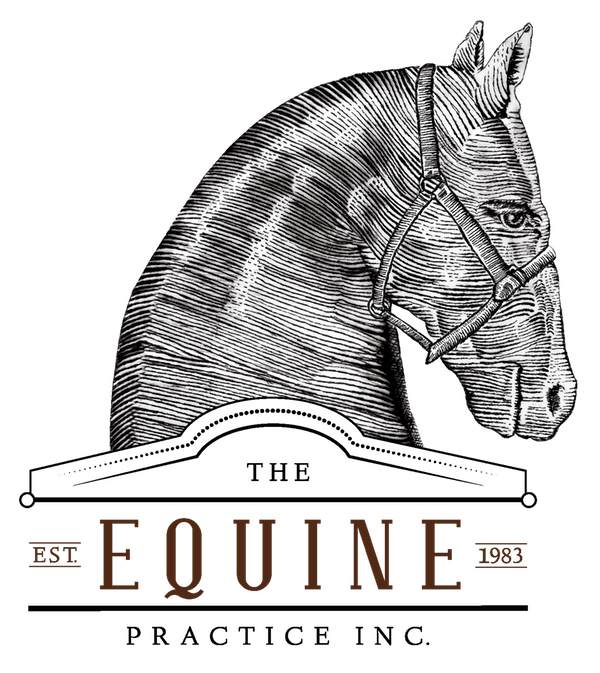Please note: Much of the information about Horsemanship Dentistry™, including the menu links, is consolidated into the new community of The Horse’s Advocate. Looking at the information is free to everyone.
Doc T
This new community is private and free. To comment on posts, you must become a member and create an account using an email and creating a password. This creates a safe environment for all of us looking for honest and unbiased information about our horses.
Also note that if you become an Inner Circle member, you will have powerful AI (artificial intelligence) that is closed within the community to search 1000 articles on every subject on horses – all created by me – and not from unknown internet sources. You will also have the ability to ask me question and attend live meetings. Visit The Horse’s Advocate to learn more.
Horsemanship Dentistry™ is all about connecting with the horse and getting feedback from a willing partner. It isn’t as easy as working on a sedated horse, but the information we receive from them tells us so much more than just looking inside their mouths with a flashlight.
It is what makes Horsemanship Dentistry™ so much more than just “equine dentistry,” more than just “2 floats and a bucket,” more than unproven theories experimentally applied to your horse.
Horsemanship Dentistry™ is connection – the reason we all live and breathe horses every day of our lives.
Click these links to jump down the page
Beliefs and Philosophies of Horsemanship Dentistry.
Does Your Horse Need Horsemanship Dentistry?
The Purpose of Floating Horse Teeth.
Why Choose A Horsemanship Dentist?
Why Choose Horsemanship Dentistry over Modern Equine Dentistry?
Beliefs and Philosophies of Horsemanship Dentistry™
- Horsemanship is better than drugs and force.
- Proper and judicious use of pain medication is indicated in about 1 of every ten horses, but not in every horse.
- Using hand tools and the hand as a mouth speculum effectively addresses every edge of every tooth.
- Every edge of every tooth must be made smooth to achieve comfort for the horse.
- Horses between 2 ½ and five years of age should be floated every 3 to 6 months, depending on their training schedules. This is because the teeth are softer and become sharp more quickly. Plus, 24 baby “caps” are shed during this time and are replaced by sharp permanent teeth.
- Floating should be done every six months in horses between 5 and 25 years of age to prevent bit issues. On occasion, some horses need it more often. Some, due to limited use or if they are over 25 years old, only need an annual float. Every horse is different due to their unique threshold of pain. PREVENTION is key.
Does Your Horse Need Horsemanship Dentistry™?
- If it is no longer fun to ride your horse, and it is becoming dangerous.
- If the horse you ride does everything to avoid the bit. Head tossing, head tilting, fighting the pressure you place on the rein, sometimes to the point of irrational behavior.
- If your horse won’t let you place the bit in his mouth, or maybe he won’t let you take it out.
- If your horse goes well, either lounging or with a bitless bridle, but with a bit, he turns into a horse that shows discomfort.
- If your horse is ineffective in the sport or activity you compete in.
The Purpose of Floating Horse Teeth
- Removal of the source of pain from the mouth of the horse is the primary purpose of equine dentistry.
- Most problems or pathology of the horse mouth are secondary to pain.
- After removing all sources of pain and allowing the horse to chew comfortably, the teeth align themselves after about two years of dental care as if they were wearing braces.
- In addition, pathology, including local gum infections, often resolve themselves once the jaw and the tongue are allowed to move pain-free.
Why Choose A Dentist Certified In Horsemanship Dentistry™?
- We respect your horse while effectively removing all sources of pain from your horse’s mouth.
- We use horsemanship skills to communicate with your horse to determine the correct approach for each horse.
- We have very effective pain medication Dr. Tucker uses in 1 horse out of every 10. So, we do not automatically drug each horse.
- If we medicate the horse, it is with light sedation and potent pain relief. We even have a special medication for the fearful horse.
- We do not restrain the horse with a headstand or hang the head from the ceiling. We believe that this can injure the horse.
- We do not use a mouth jack (speculum). Instead, we use a technique where the arm keeps the mouth open, and the fingers feel each edge of every tooth.
- We do not use power tools.
- We believe in education. Eight short videos of this process and 29 video Questions And Answers help you understand equine dentistry. In addition, there are an abundant number of blogs I have written, as well as images and discussions on my other website, The Horse’s Advocate.
Why Choose Horsemanship Dentistry™ over Modern Equine Dentistry?
- You are offended by the lack of horsemanship used by equine professionals today.
- You oppose power tools, over-sedation, mouth jacking, and slinging the head from the ceiling.
- You have had a bad experience with an equine dentist in the past. Either nothing was accomplished, or your horse was mistreated or injured.

